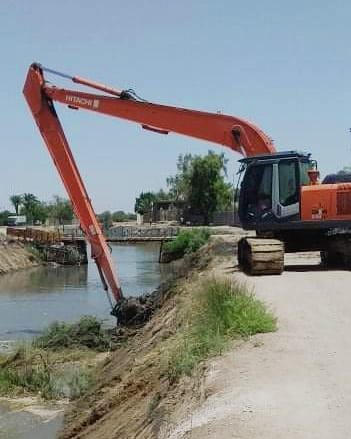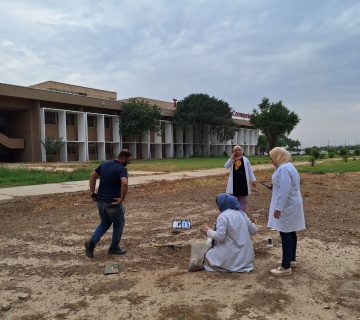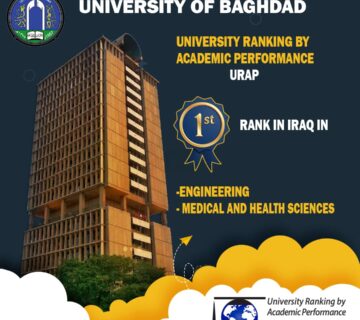Shumblan (SH) (Cerathophyllum demersum) is one of the most undesirable aquatic plants widespread in the irrigation channels and water bodies. They are one of the biggest challenges facing aquatic life and causing stress freshwater around the irrigation channels. However, the uncontrolled and rapid growth of aquatic plants has also caused other environmental dangers such as foul odor, interference with navigation, deoxygenation of water, water stagnation and increasing mosquito breeding sites. Farkad A. Lattieff, Ass. Prof. of the department of energy engineering of University of Baghdad, suggested a solution to convert those harmful plants to useful products (biogas). His group published the results of the research in the Al-Khwarizmi Engineering Journal. The approach focuses on boosting the biogas potential of shumblan by co-digesting it with other types of wastes without employing any chemical or thermal pretreatments as done in previous studies. A maximum biogas recovery of 378 ml/g VS was reached using shumblan with cow manure as inoculum in a ratio of 1: 1. The methane content of the biogas was 55%. Based on volatile solid (VS) and C/N ratios, biogas productions of 518, 434, and 580 ml/g VS were obtained when the shumblan was co-digested with food wastes (SH: F), paper wastes (SH: P), and green wastes (SH: G) respectively. No significant changes of methane contents were observed during the anaerobic co-digestion of shumblan with the selected wastes. This noticeable increments of biogas yields proved that this sort of biomass can be utilized as a promising source for bioenergy production of industrial scale because of its economic operation. Slight pH variations indicated that the co-digestion performance has a good stability operation and no excessive amounts of volatile fatty acid were accumulated. The results also proved that by using co-digestion technology, the biodegradation of shumblan plants could be significantly accelerated supplying greater amounts of biogas yields. Moreover, the appropriate co-digestion with other wastes gave the shumblan high digestibility and, hence, there will be no need to prior pretreatment in order to boost the biogas yield.
اخبار ذات صلة
Comments are disabled.

 ثم 'إضافة إلى الشاشة الرئيسية'
ثم 'إضافة إلى الشاشة الرئيسية' ثم 'إضافة إلى الشاشة الرئيسية'
ثم 'إضافة إلى الشاشة الرئيسية'








